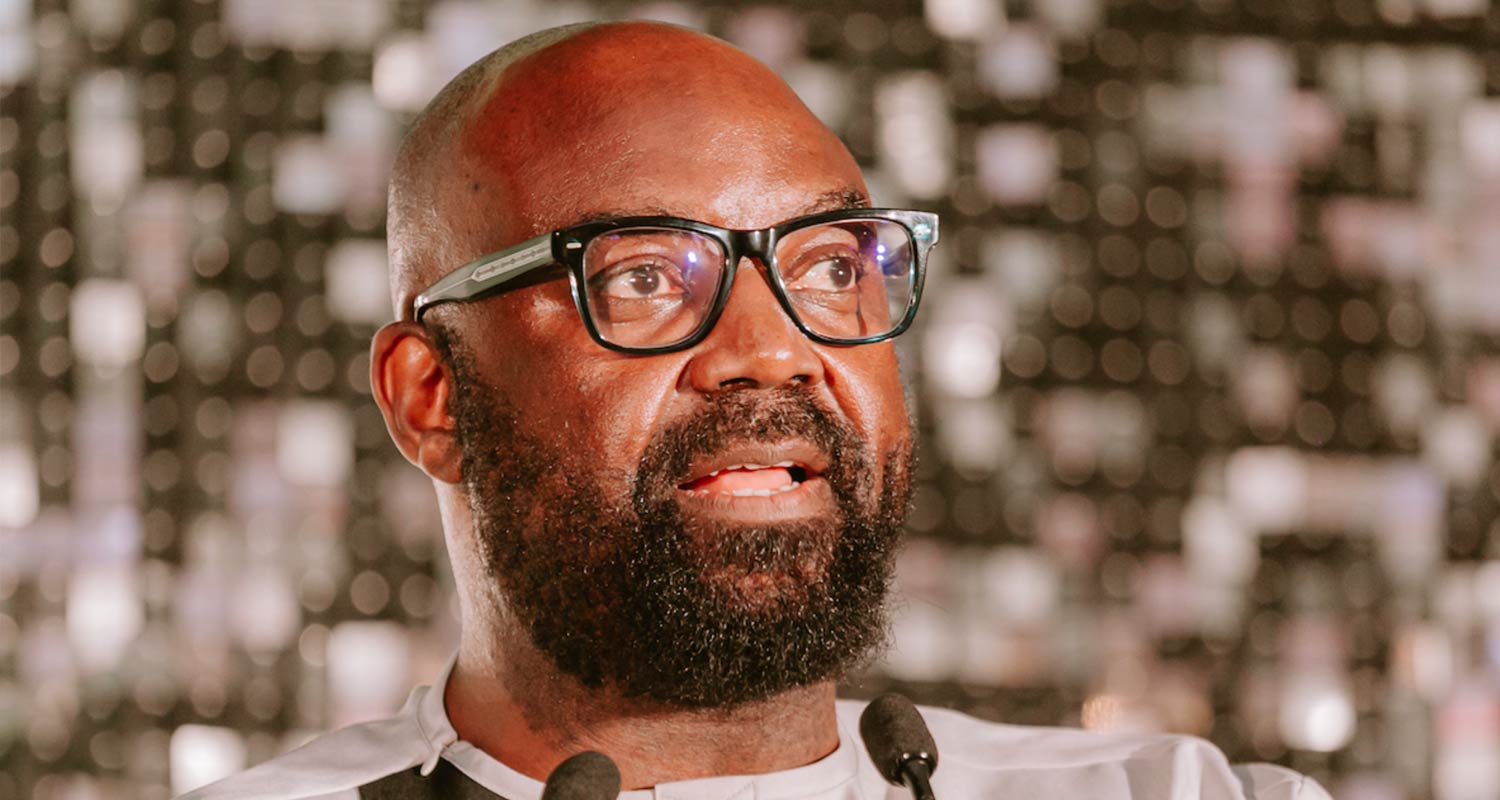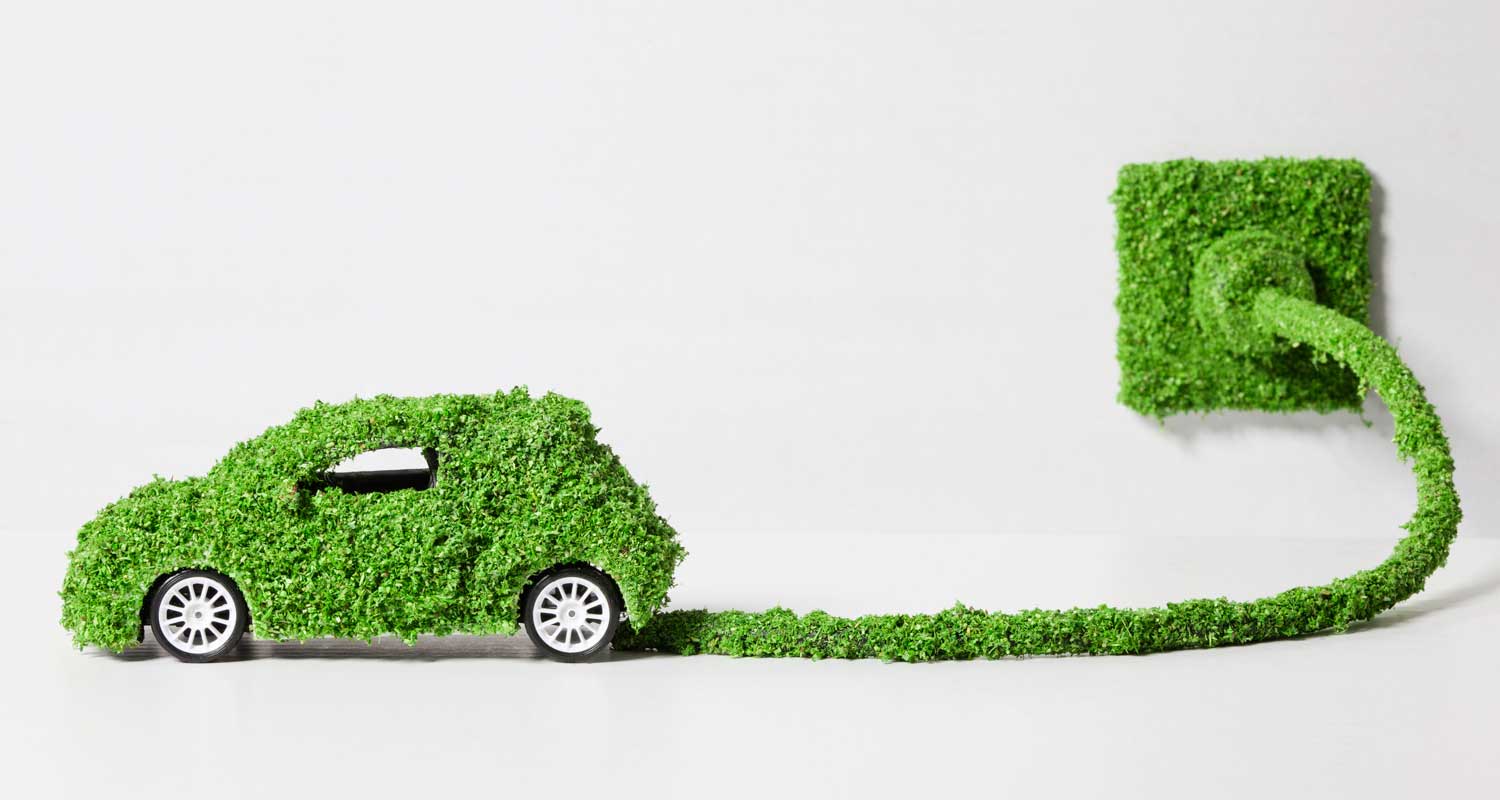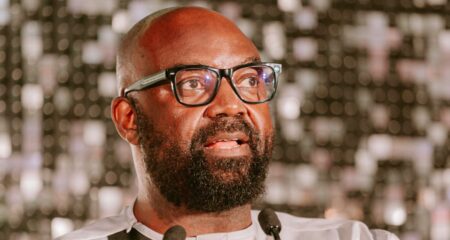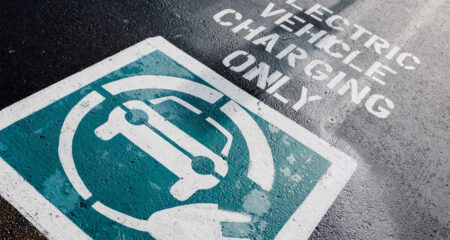
The motoring industry has expressed its disappointment in a further delay in publication of a supporting policy for the development of South Africa’s electric vehicle industry.
Finance minister Enoch Godongwana on Wednesday told MPs in his mid-term budget speech that the policy would not be coming until February.
Members of the Automotive Business Council, the industry body also known as Naamsa, had been eagerly awaiting the long-overdue policy at this week’s mini budget speech.
To their dismay, Godongwana deferred the policy document to next year, leaving the motoring industry in a vacuum regarding production planning for a transition to EVs and new types of fuel.
“While we are disappointed that the minister has decided to kick the NEV (new energy vehicle) policy announcement can down to February next year, Naamsa is pleased to hear that national treasury plans to implement tax and expenditure measures to support the industry’s transition to NEVs,” said Naamsa CEO Mikel Mabasa in a statement.
Delays in the definition of a clear policy direction threaten the local industry’s longevity. Meanwhile, other African nations, including Egypt and Ethiopia, have taken an early lead in Africa in the development of their EV industries and present a growing threat to South Africa’s export industry. “Last year alone, the automotive export value amounted to R227.3-billion,” said Mabasa.
At risk
The broader economy is also at risk since over 110 000 South African’s are employed directly by auto-manufacturers who must pivot their production towards NEVs to keep pace with changes in global demand but cannot do so without the government’s involvement.
Given South Africa’s endowment in NEV metals such as manganese, cobalt and nickel, the automotive industry sees these continuous delays as the closing of a window of opportunity for South Africa to develop competitive mineral beneficiation and battery manufacturing industries.
Read: Hurry up and wait – South Africa delays EV policy to 2024
“South Africa has procrastinated far too long. We can no longer afford to be silent on policy choices the country should make about the future of this important sector in the economic life of South Africa and her people”, Mabasa said.
 According to Naamsa, consumer interest in NEV in the local market is growing, with 4 746 EV units sold in 2023, an increase of 421% from the previous year. 502 Electric vehicles were sold last year.
According to Naamsa, consumer interest in NEV in the local market is growing, with 4 746 EV units sold in 2023, an increase of 421% from the previous year. 502 Electric vehicles were sold last year.
“It is our considered view that a clearly articulated Government support intervention would undoubtedly go a long way in stimulating more demand and it will also accelerate investment and much greater interest in NEV technology and solutions,” said Naamsa. — (c) 2023 NewsCentral Media




